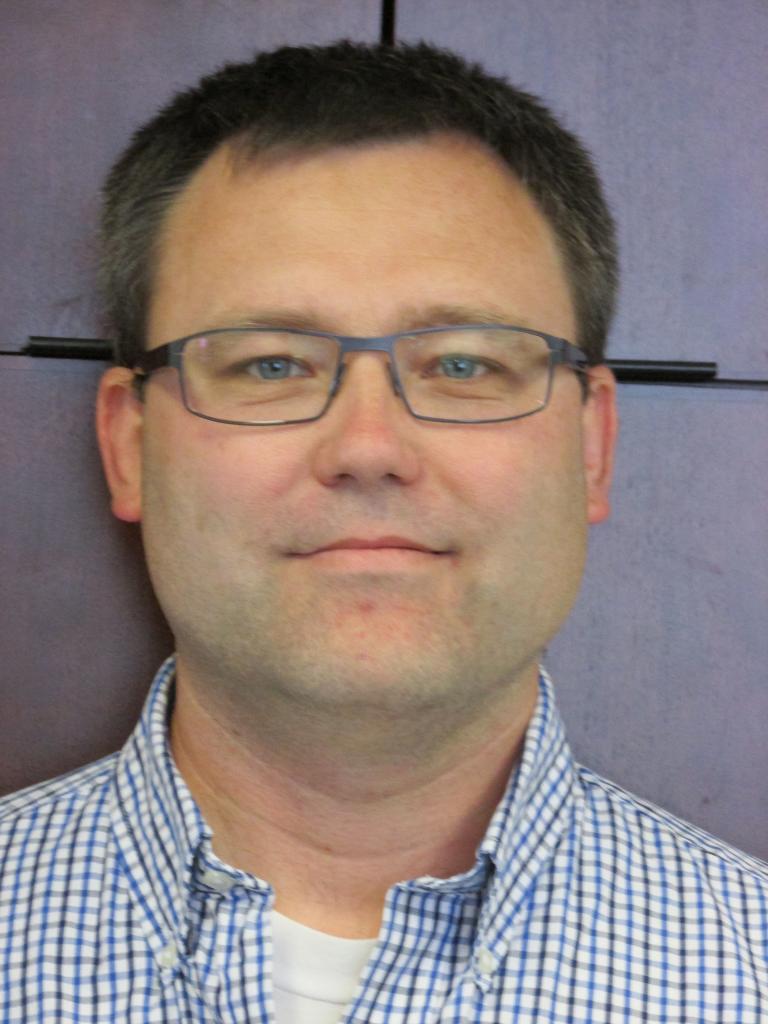
Jeffrey Milush, PhD
Director, Immunology Core
Professor, School of Medicine
Email: Jeffrey.Milush@ucsf.edu
Biography

Jeffrey Milush, PhD
Director, Immunology Core
Professor, School of Medicine
Email: Jeffrey.Milush@ucsf.edu
Biography

Jeffrey Milush, PhD
Director, Immunology Core
Professor, School of Medicine
Email: Jeffrey.Milush@ucsf.edu
Biography

Jeffrey Milush, PhD
Director, Immunology Core
Professor, School of Medicine
Email: Jeffrey.Milush@ucsf.edu

Jeffrey Milush, PhD
Director, Immunology Core
Professor, School of Medicine
Email: Jeffrey.Milush@ucsf.edu